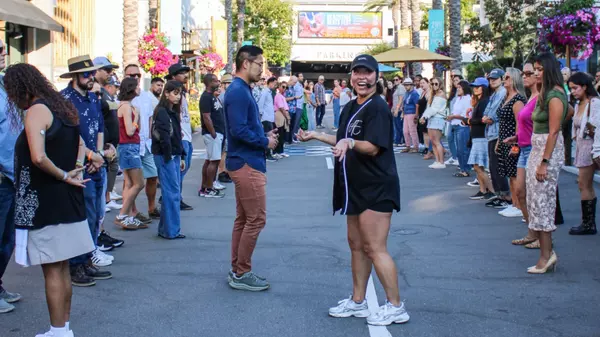A recent survey from Redfin highlights a stark difference in how renters and homeowners feel about their sense of belonging in their neighborhoods. According to the findings, less than half of U.S. renters—46.7%—report feeling connected to their local communities. In contrast, nearly two-thirds of homeowners—63.6%—express a sense of belonging.
This gap raises questions about the social dynamics of renting versus homeownership and what it means for the future of renters.
The Connection Between Homeownership and Belonging
The concept of “belonging” often stems from long-term ties to a place. Homeownership naturally encourages stability, as people who own their homes are more likely to stay in one area for many years. This longevity fosters stronger connections with neighbors, local businesses, and community organizations.
Renters, however, face unique challenges that may hinder their ability to feel at home in their neighborhoods:
- Mobility: Renters tend to move more frequently due to lease expirations, rising rents, or changes in personal circumstances. This transient lifestyle limits the time available to build deep ties to a community.
- Community Investment: Homeowners may be more likely to engage in neighborhood organizations or local governance, given their financial and emotional investment in the area.
- Perception of Temporary Status: Renters may feel excluded from neighborhood dynamics because they’re often seen as temporary residents by both homeowners and other long-term community members.
Why Belonging Matters
Feeling a sense of belonging is more than just a matter of comfort—it’s a critical factor in overall well-being. Studies have shown that a strong connection to one’s community can lead to better mental health, higher satisfaction with one’s environment, and even greater safety due to neighborly relationships.
For renters, a lack of belonging can lead to feelings of isolation and disconnection. Additionally, neighborhoods with high renter turnover might experience less cohesion, fewer community initiatives, and weaker advocacy for local improvements.
What This Means for the Future of Renters
With renting becoming more common—particularly in urban areas—the disparity in neighborhood belonging calls for action. Here are a few potential paths forward:
- Promoting Inclusive Communities: Neighborhoods could benefit from initiatives that foster engagement between renters and homeowners, such as community events, renters’ councils, or mentorship programs.
- Stabilizing Rental Markets: Policies like rent control and longer-term lease options can encourage renters to stay in one area longer, enabling them to form stronger local connections.
- Education and Advocacy: Renters should be encouraged to participate in local governance and community organizations, even if they don’t plan to live in the area permanently. Resources like The National Low Income Housing Coalition and Renters’ Rights organizations can help renters understand their rights and advocate for their needs.
- Expanding Housing Options: As the housing affordability crisis continues, innovative solutions like co-housing, shared equity programs, or policies supporting first-time homebuyers could help bridge the gap between renters and homeownership.
The Bigger Picture: Balancing Mobility and Belonging
For many, renting is a necessity rather than a choice, particularly given the rising cost of homeownership. However, this doesn’t mean renters should be left out of the conversation about community and belonging.
Creating more inclusive neighborhoods where renters feel welcome and invested in their surroundings is key to fostering a sense of unity and stability in our ever-changing housing landscape. As we move into the future, it’s critical to ensure that belonging isn’t reserved solely for those who hold a deed but is accessible to everyone who calls a neighborhood home.
For more on this topic, check out Redfin’s Neighborhood Trends or learn about policies supporting renters at Urban Institute’s Housing Policy Center.
What are your thoughts on how neighborhoods can become more inclusive for renters? Share your ideas with me on X or instagram.













